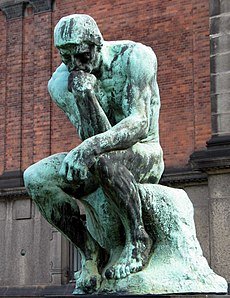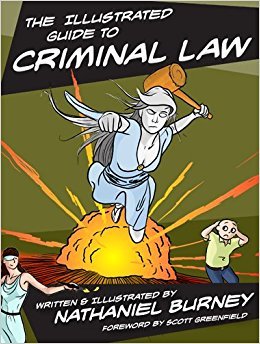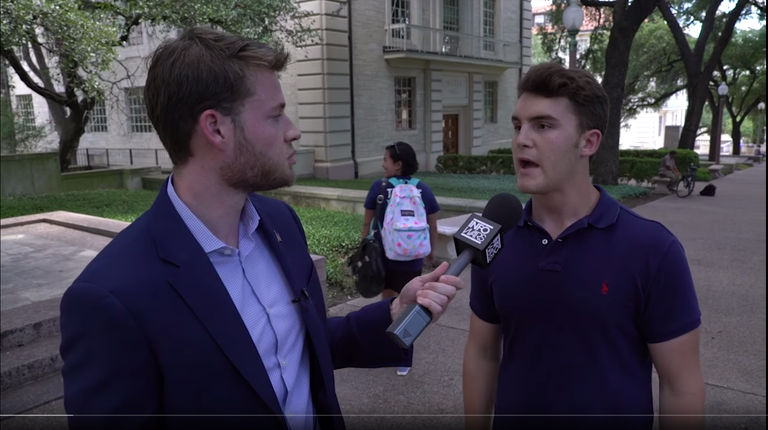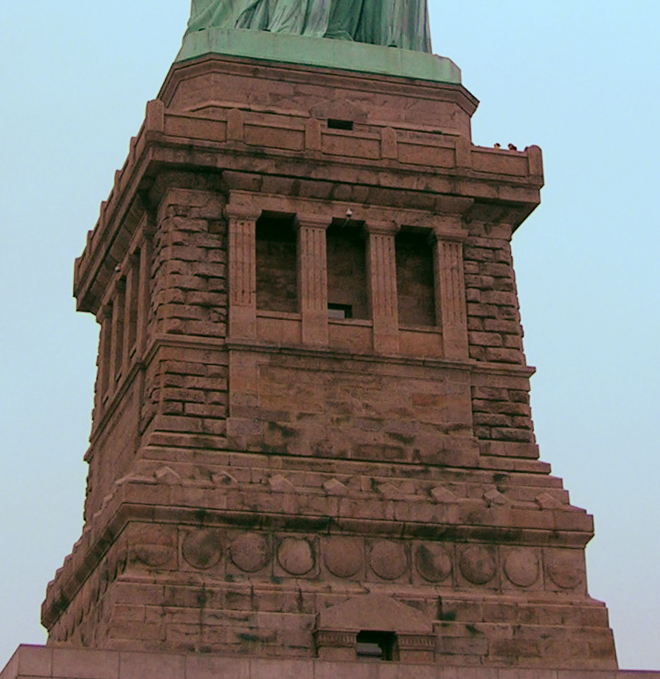Statutes, status, and statues.
Share common entities from both mental entities and physical entities. mental entities do not move from the forces of physical entities, they hold our ideals we want to live up to and those goals we can relatively expect from ourselves.
Often these two characteristics can be confused with each other, as we use contests like in sports to differentiate what all our parts together can accomplish to win a game of points against another team.
Not all mental and not all physical contests should be competed against one another. Proust is famous for his wordiness, his books are good for their employment of nuance and subtlety rather than from the traditional denouement of plot development. How can a dinner conversation be interesting to anyone else other than those at the dinner table?
We can often detect how we have common mental entity attributes in common with our physical entity's attributes
Mentalist Lior Suchard Bends Harry Connick Jr. & Alice Eve's Minds
We put statues in our law.
And we decorate and adorn our statutes with figures from other entities.
statue

A statute is a formal written enactment of a legislative authority that governs a state, city or country. Typically, statutes > command or prohibit something, or declare policy. Statutes are laws made by legislative bodies and distinguished from common law, which is decided by courts, and regulations issued by government agencies.
We often want to break that what we cannot hold. We become the statue we want to take out.
Reveal spoiler
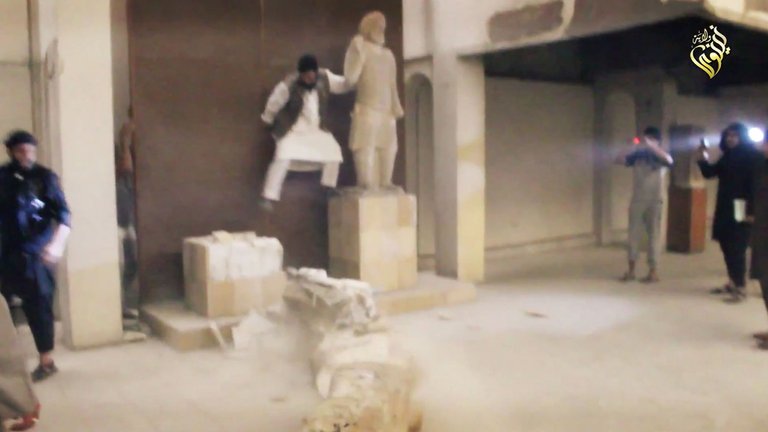
After we break all the items in other peoples stores we have no place to store our own valuables.
On Free Speech Christopher Hitchens
Now, I don't know how many of you don't feel that you're grown up enough to decide this > for yourselves and think you need to be protected from David Irving's addition of the Goebbels' diaries for example out of which I learned more about the Third Reich than I had from studying Hugh Trevor-Roper and A.J.P. Taylor combined when I was at Oxford. But for those of you who do, I recommend another short course of revision. Go again and see not just the film and the play but read the text of Robert Bolt's wonderful play "Man For All Seasons", some of you must have seen it - where Sir Thomas Moore decides that he would rather die than lie or betray his faith and at one moment Moore is arguing with a particularly vicious witch-hunting prosecutor (a servant of the king and a hungry and ambitious man), and Moore says to this man "You'd break the law to punish the Devil, wouldn't you?" And the prosecutor, the witch hunter, says "Break it?" He says "I'd cut down every law in England if I could do that, if I could capture him." And Moore says "Yes you would wouldn't you? And then when you corner the Devil and the Devil turned round to meet you, where would you run for protection? All the laws of England having been cut down and flattened, who would protect you then?" Bear in mind, ladies and gentlemen, that every time you violate or propose to violate the free speech of someone else you, in potentia, you're making a rod for your own back because the other question raised by justice Oliver Wendell Holmes is simply this: "Whose going to decide? To whom do you reward the right to decide which speech is harmful? Or who is the harmful speaker? Or to determine in advance what are the harmful consequences going to be that we know enough about in advance to prevent? To whom would you give this job? To whom are you going to award the task of being the censor?" Isn't it a famous old story that the man who has to read all the pornography in order to decide what's fit to be passed and what's fit not to be, is the man most likely to be debauched?
A talking statue talking about her belief in the world.
Reveal spoiler
The status of our beliefs doesn't stand without all of us.
Statues Removed From UT Campus - Students React
Our base is liberty, the most interesting thing about our country is its pedestal!
We place our ideals of liberty and put them in our pedestal's that we want to grow our liberty from and contains everyone. We do not use our or other people's economic load to put weight or weigh down the liberty of other people.
We often use our bodies as pedestals to lift what our minds cannot.
